
Keith Breslauer congratulating a wounded British veteran during The Veteran Games
Keith Breslauer is the founder and Managing Director of private equity company Patron Capital, and a trustee and donor to numerous charities including the Royal Marines Charity and the Prince’s Teaching Institute. As part of our ongoing philanthropy series, he speaks to LUX about building bridges between charities and the corporate world, his work with disabled veterans and how philanthropy differs in the US and the UK
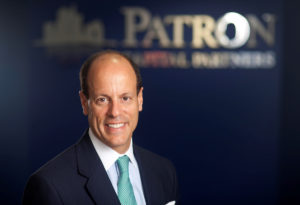
Keith Breslauer
LUX: What inspired your interest in philanthropy?
Keith Breslauer: I was brought up to believe that giving what you can is the biggest triumph in life. I took this belief and inspiration from my parents and religion into my career and to help create a platform to give what I can to those who need it, enable others to do the same and make a lasting difference.
LUX: Why did you decide to support the Royal Marines?
Keith Breslauer: I’m from the US where veterans are celebrated on both a public and personal level. However, when I moved to the UK twenty seven years ago, I was disappointed to learn that British war veterans often receive marginal public support. That is why I started ventures that manifested as fundraising for all veterans with a focus on volunteering for the Royal Marines Charity (RMA-TRMC).
Follow LUX on Instagram: luxthemagazine
LUX: What led you to create Patron Capital?
Keith Breslauer: Lehman Brothers allowed me to come to Europe and work on distressed assets, which was a niche sector of real estate at the time. I loved being in the UK – everyone said ‘Breslauer is a New Yorker, he’ll never stay’ – but I love that on a typical Friday night (pre-Covid) I have five-plus cultures and languages at my table. So, when Lehman Brothers asked me to go back to New York, I decided to stay and took the leap to start our business with a great team of partners and the rest is history.
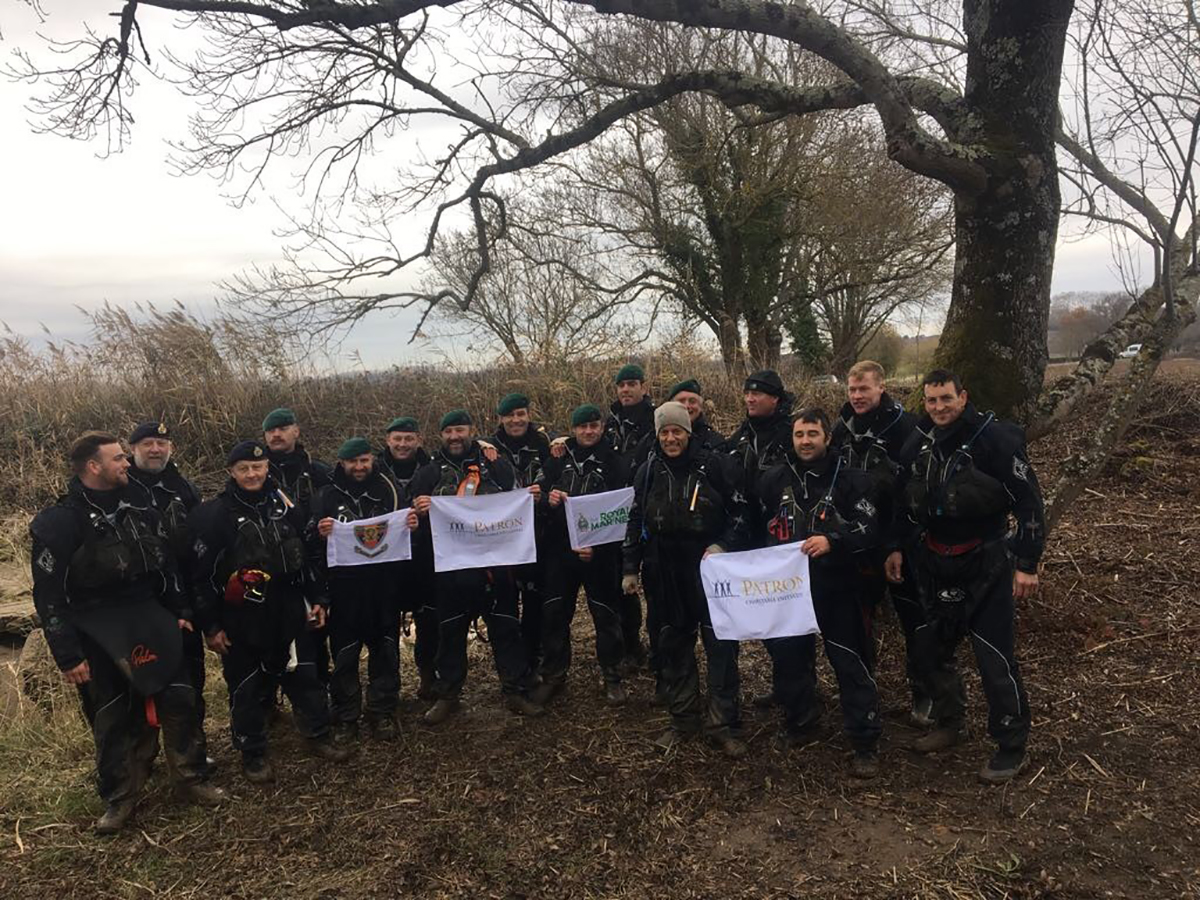
Keith with Royal Marines and a team from the Royal Navy on a riverbank during their re-creation of Operation Frankton, which was sponsored by Patron
LUX: What are the principle benefits of a business involving itself in charity?
Keith Breslauer: We’ve worked hard for Patron Capital to be positioned as a leader of successful commercial business while also available for charitable good – rather than just donating funds. As a team we’ve built the business to be a bridge between charities like the Royal Marines and the corporate world. We can offer them everything from business plans, employment advice, office space, secretarial services, to our business contacts and expertise.
We also utilise our business to give a voice to the extraordinary people we raise money for. In 2017, we established The Greatness Lectures, a forum to inspire, educate and create opportunities through Patron’s extensive business network. Through education, The Greatness Lectures can involve every member of the audience and ensure everyone has a part to play in the Patron value of ‘creating a positive change whenever and wherever required’.
LUX: How does philanthropy differ in the US and the UK?
Keith Breslauer: The key differences between the US and the UK lie in the construct of giving, the perception of philanthropy and the landscape of donors. In the US, it is not just tax-deductible, but also a status symbol for many and there are significant givers across the spectrum. However, while in the UK, it is a tax credit and the dynamic of it being a status symbol is far less prevalent – instead, there is much more grassroots support where individuals across the country might not give a huge amount, but they donate what they can on a regular basis.
Read more: Katrina Aleksa Ryemill on helping women in the arts
LUX: Is there anyone in particular who inspires you philanthropically?
Keith Breslauer: There are so many people, but I will always be inspired by Harvey Krueger, an early boss of mine at Lehman Brothers who is known for being the first banker to bring Israel, really, to the international capital markets. He embodied what it means to me to give as he gave a lot of his time and limited resources but remained focused on the primary objective of how to help those who needed it.
LUX: What feels more rewarding: enabling people to get involved in charity, or simply giving?
Keith Breslauer: I am a big believer in doing more than just giving. If you don’t immerse yourself in the act of charity, then you can only help on a superficial level and you will never understand the satisfaction of knowing what a difference you’ve made. To understand what a charity stands for – getting under the skin of why you’re trying to raise money – you need to endure some sort of hardship to help. You need to get know the people you are helping. At Patron, we encourage employees to take part in fundraising events that help people push their own preconceived limits. For example, in 2019, Patron sponsored Rock2Recovery’s flagship fundraising event – a sponsored climb of Ben Nevis in Scotland – and we were really proud to see an all-female team from Patron join the 140 climbers taking part. In total circa £26,000 was raised for the charity.


Keith (top) with his youngest daughter Samantha on Mont Blanc Massif, and at the summit of Pointe Percée
LUX: How has your religious background influenced your charitable work?
Keith Breslauer: My religious background is incredibly important to my approach to charity and giving – it’s the core of it really. For a start, a principle of the Jewish faith is to give away about 10% of what you earn, and I adhere to this with my time and money. Next, there is the concept of ‘tikkun olam’ which comes from Mishnah, a body of classical rabbinic teachings, and is defined by acts of kindness performed to perfect or repair the world. This is key to how I was raised and how I try to live my life; if you have the ability to make a difference then you should whenever and wherever you can.
LUX: What is the biggest lesson you have learnt in your lifetime?
Keith Breslauer: I have learned so much throughout my life and I am still learning, but one of the biggest lessons that has stayed with me comes from the late Lord Rabbi Sacks, and that is about working hard and seeing the possible where others see the improbable. We can achieve more than we think we can if we try.
Read more: Entrepreneur Wendy Yu on creativity & charity
LUX: How has Covid-19 affected your philanthropic efforts?
Keith Breslauer: In the first few months of lockdown, it was really difficult for everyone as no one knew what the future would hold – everyone suffered. We tried to stick to a routine at Patron and this is why we took the Greatness Lectures, a forum to educate and inspire the Patron team, our friends, and partners, online. This included “Reports from the COVID-19 Frontline” with Dr Seb Vandermolen and Nurse Laura Pinches, who had both been working on adult COVID-19 wards at St Thomas’ and St Bartholomew’s hospitals respectively.
Alongside our efforts to establish The Women In Safe Homes Fund, believed to be the world’s first gender lens property impact investment fund being launched as a solution to the lack of affordable, safe and secure homes across the UK for women and their children, who are experiencing homelessness or who are at risk, I’ve made a personal commitment of £1 million to demonstrate how important this fund really is. We’ve also organised a Greatness Lecture with Chloe McCardel and Jane Jutsum to share different perspectives on domestic violence and providing help and inspiration to its survivors. Chloe is an elite athlete whose love of marathon swimming helped her recover from post-traumatic stress disorder, and she holds the world record for the longest non-stop ocean swim – 124km. Jane Jutsum is Director of Business Development at Solace, a charity that exists to end the harm done through violence against women and girls.
All of our charities have suffered this year; the Royal Marines Charity (RMA-TRMC) alone needs £1.5 million of vital funds. We’re always looking for ways of raising money and connecting those who wish to help with any one of our 30 charities.
LUX: What has been the most surprising discovery in your philanthropic activities?
Keith Breslauer: The most surprising thing for me to discover is the significant impact we can have through the multiplier effect of dedicating both time and money, rather than just one or the other. Our initiatives focus on funding projects and events with the potential to harness a multiplier effect either driving further donations, raising awareness, or helping deserving individuals who have suffered injury, illness or disadvantage achieve personal goals and build self-esteem.
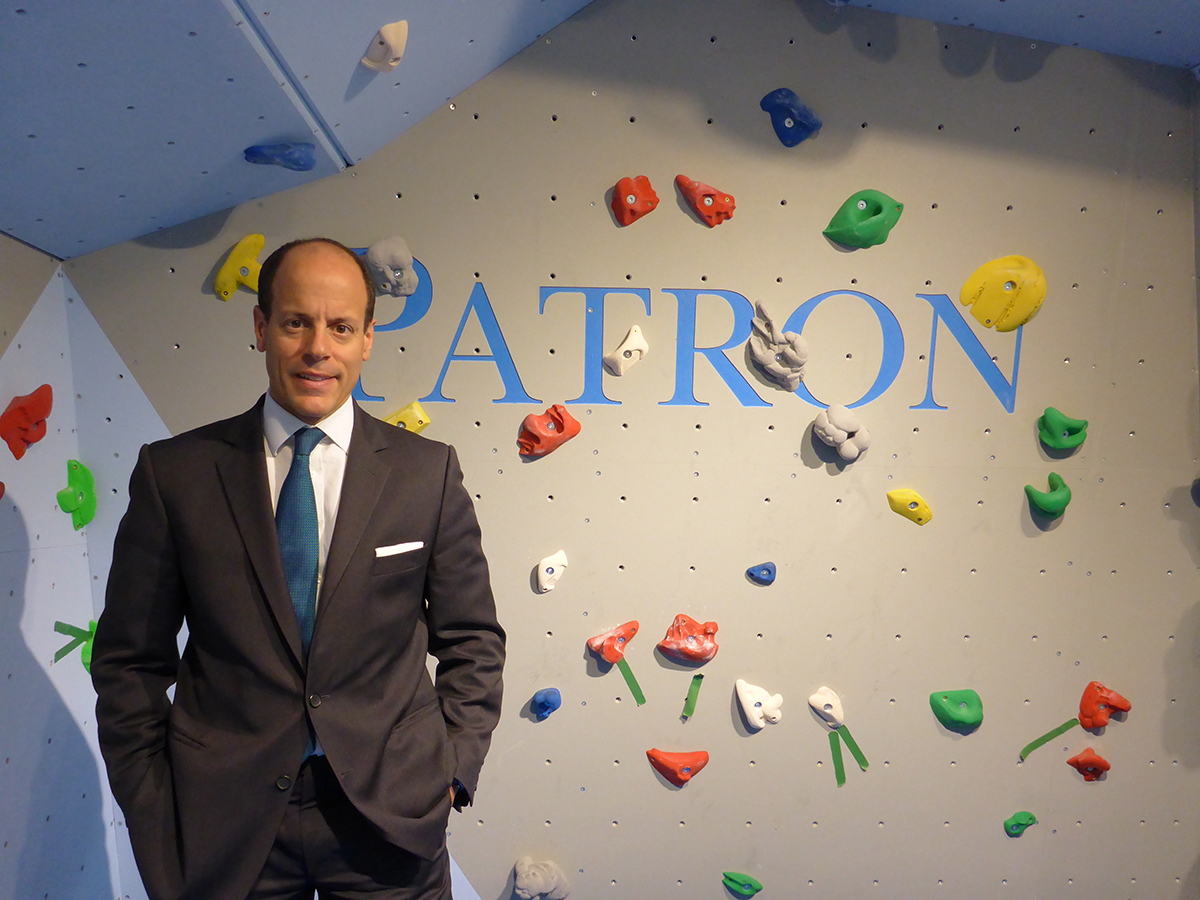
Keith with the in-house climbing wall at Patron Capital
LUX: What are your passions outside of business?
Keith Breslauer: I’m obsessed with mountain sports, especially skiing, and climbing. I even had a climbing wall fitted in our office. When I first moved to the UK, I was introduced to European mountaineering through a trip to Mont Blanc. My wife told me I was only allowed one trip, but I’ve been addicted ever since and have now climbed, notably; Old Man of Hoy, Denali and various summits and routes in the Mont Blanc Massif. I also strive to incorporate social impact into everything and anything I do. And, last but not least, my family – they are everything to me.
LUX: How have you combined those interests with charity work?
Keith Breslauer: My personal philosophy on life and in business is to lead by example. Through working with the Royal Marines Charity (RMA-TRMC), I’ve been able to share this approach undertake challenges with some extraordinary individuals that also raise awareness and funds for those in need. For example, in 2017, we sponsored The Royal Marines’ recreation of Operation Frankton, an 85-mile paddle and a 100-mile run described as the most courageous raid of World War II. This commemorated the 75th anniversary of the legendary feat which was immortalised in the 1955 film ‘The Cockleshell Heroes’ and raised money and awareness for the charity. I joined the team as we retraced the route of 10 commandos who paddled up the Gironde estuary in December 1942 to attack enemy German ships moored at the port of Bordeaux in occupied France, before making the 100-mile journey on foot to rendezvous with the French Resistance in Ruffec. Only two men survived to tell the tale – the others succumbed to hypothermia or were executed by the Germans – but the operation’s significance reportedly led Winston Churchill to say he believed the raid could have shortened the war by six months. For me, our re-enactment was a once-in-a-lifetime experience.
LUX: Should we expect to hear of any upcoming projects?
Keith Breslauer: I’m looking forward to working with disabled veterans as they take on new challenges, including in the near future with a disabled veteran Mark Bower. More generally, we have a range of both adventure projects and practical projects with different charities to drive reach and penetration where charities have lost traditional channels of outreach and fundraising due to the pandemic.
Find out more: patroncapital.com

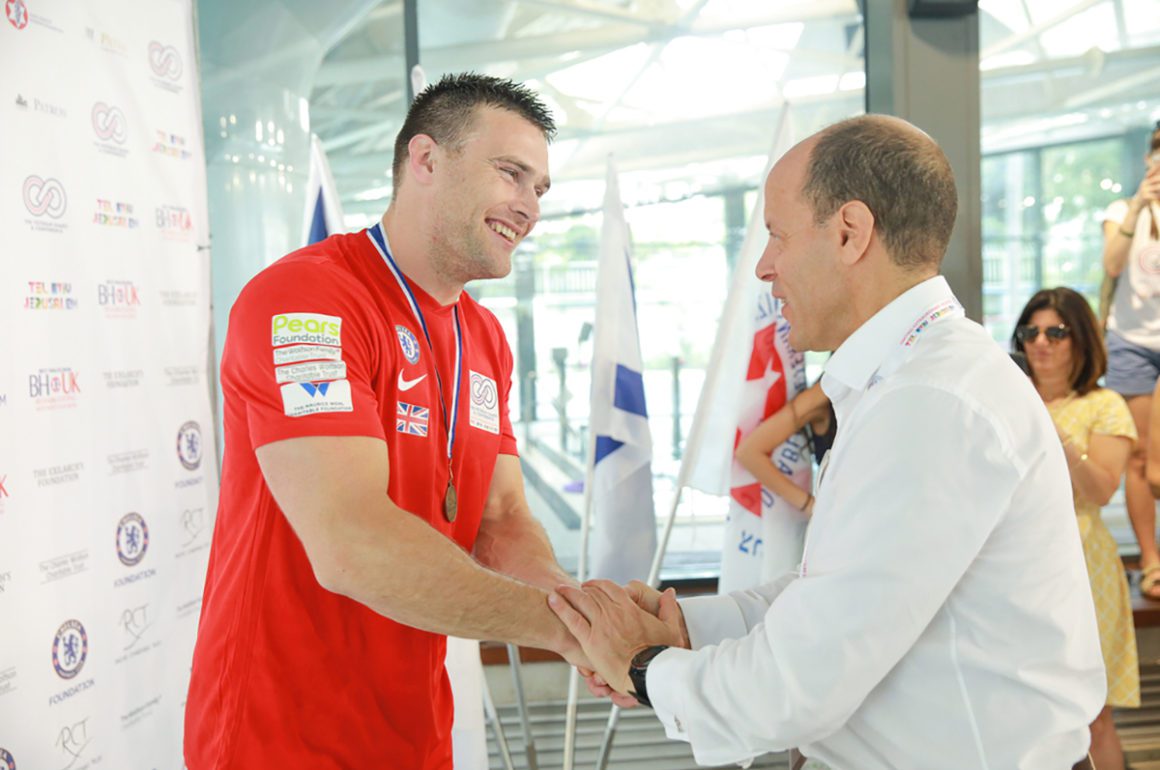
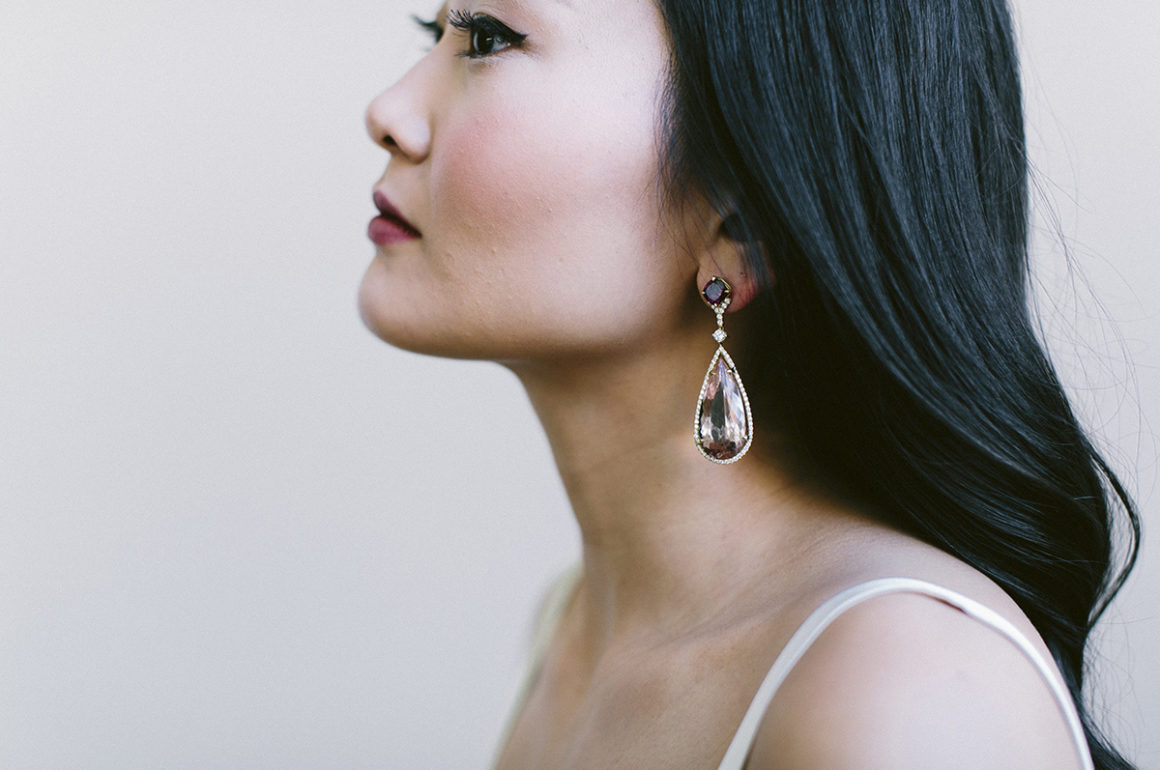
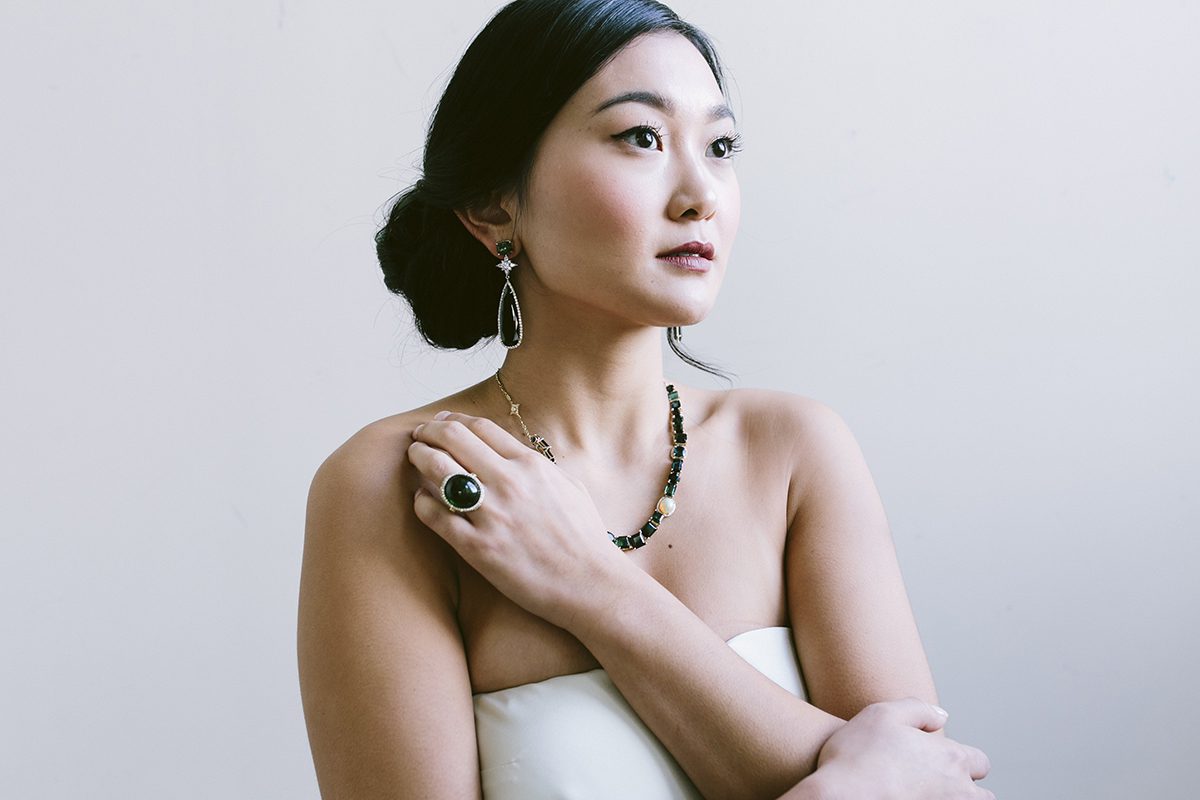
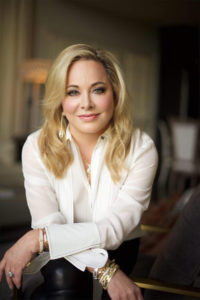
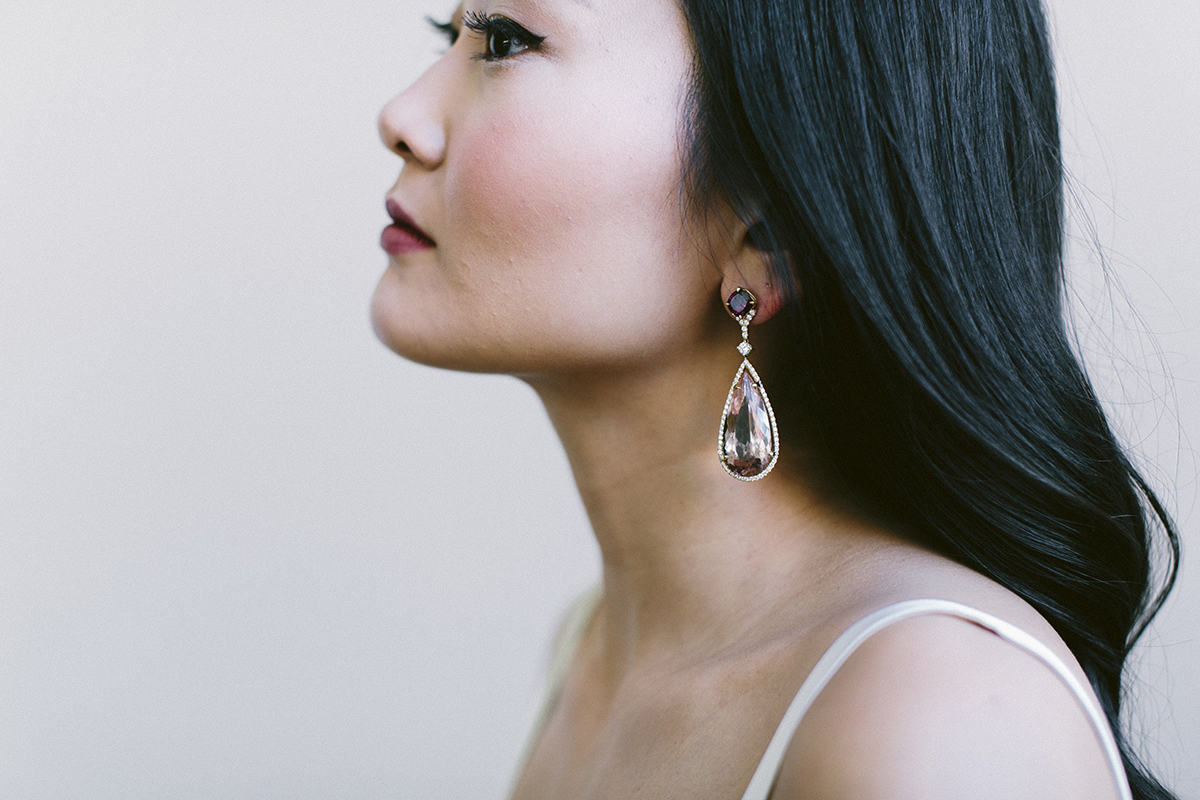
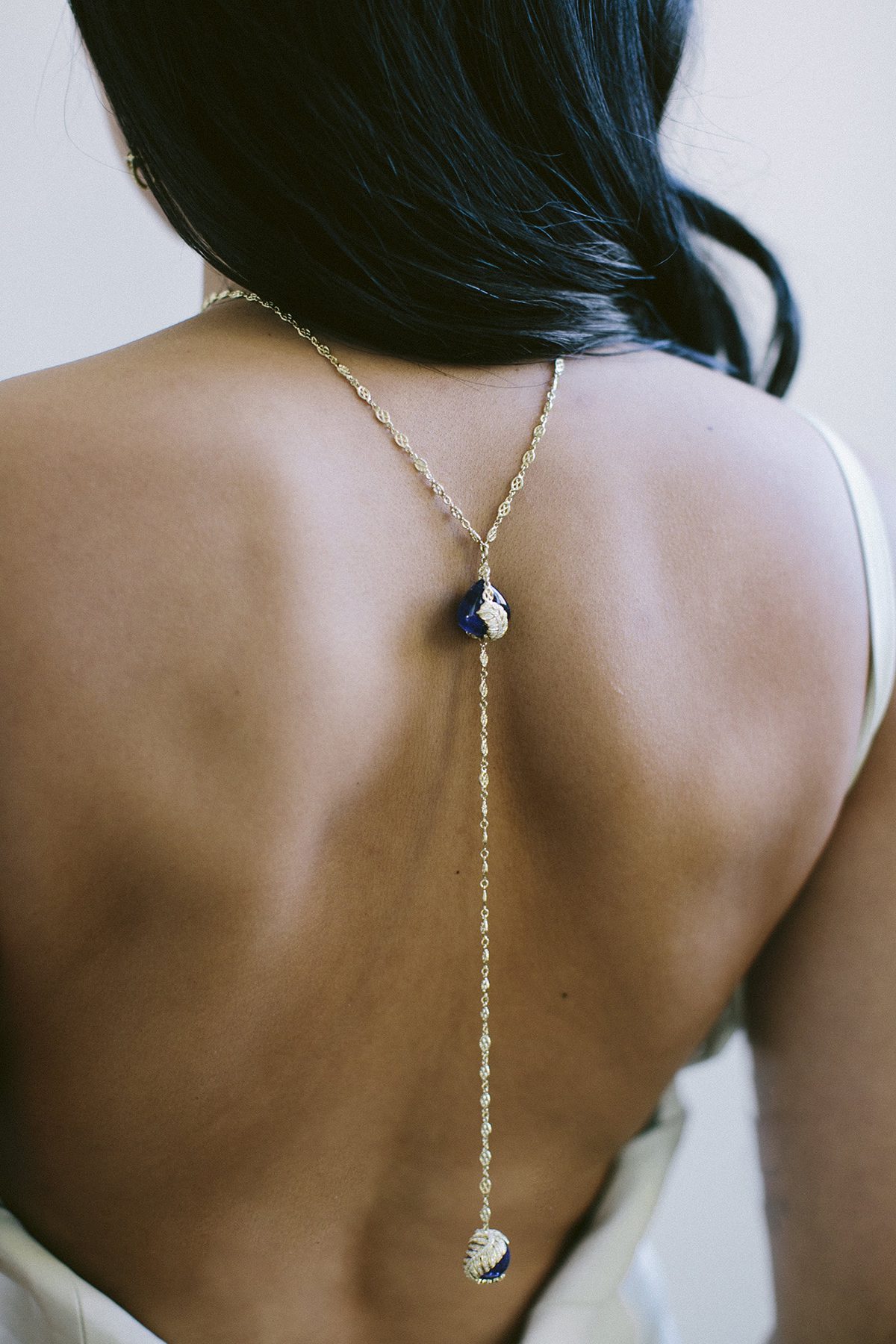
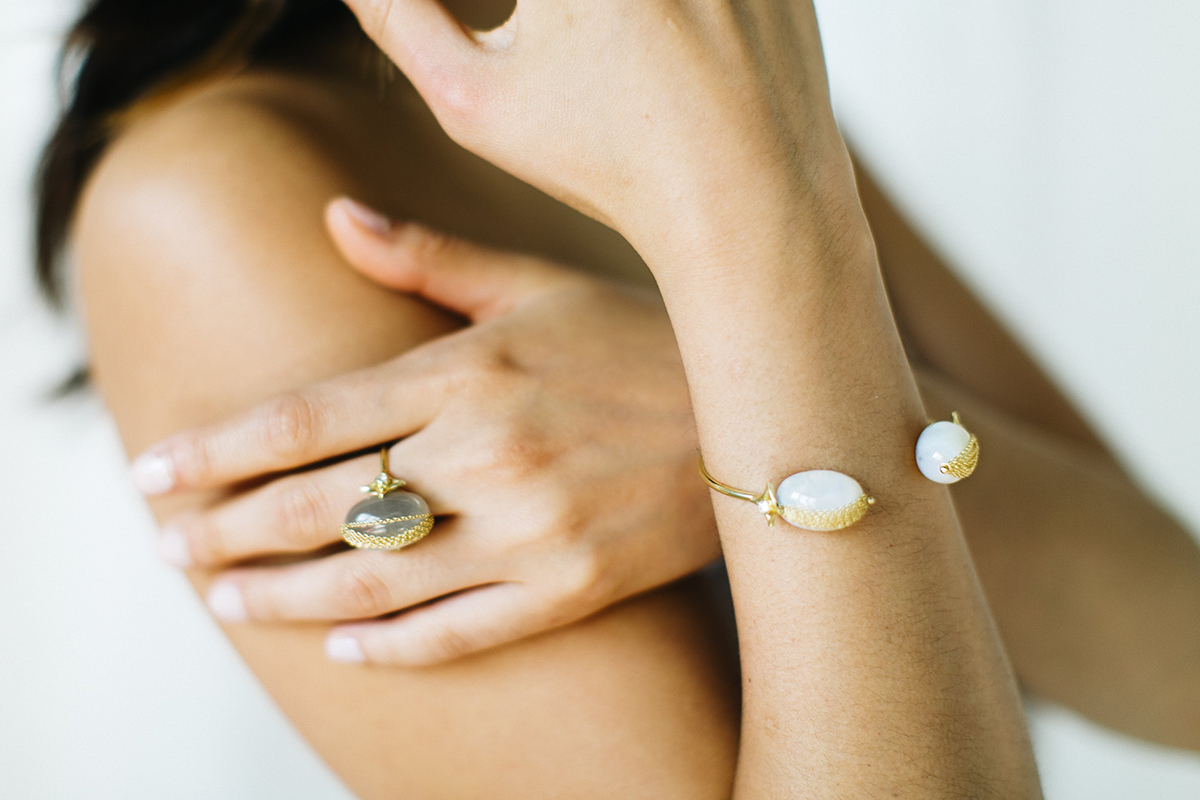





Recent Comments